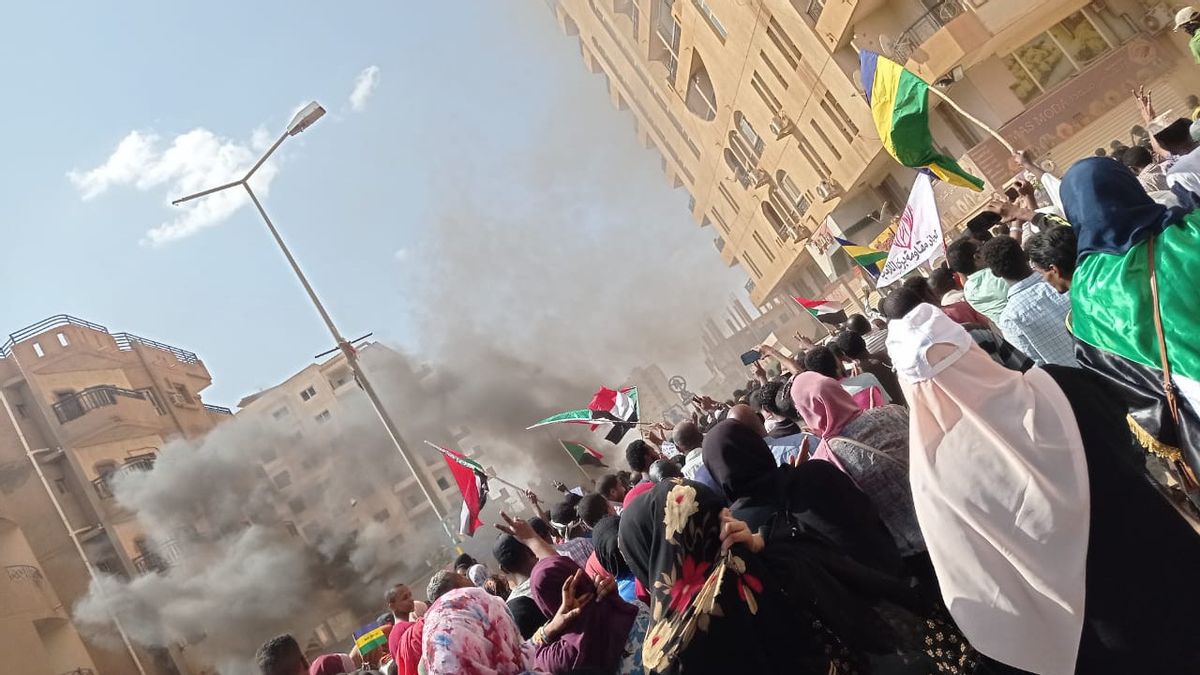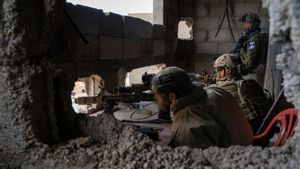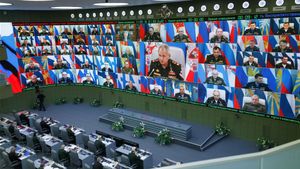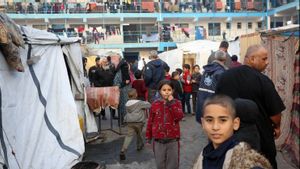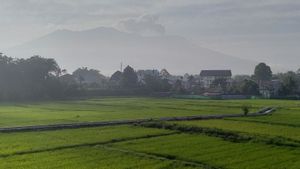JAKARTA - The United Nations (WFP) Food Program says the civil war that broke out in Sudan has the potential to cause the world's largest hunger crisis.
The crisis in Sudan broke out in April last year, when clashes began in the capital Khartoum between the military, led by General Abdel Fattah Burhan, and a paramilitary group known as the Rapid Support Forces led by General Mohammed Dagalo.
RSF and soldiers are accused of indiscriminately firing residential areas, attacking civilians, and blocking and confiscating important aid.
Thousands of people have been killed and more than eight million people displaced, in addition to the two million people forced to flee their homes before the conflict, making this crisis the world's largest refugee crisis.
International organizations have raised concerns over bureaucratic bottlenecks as they try to gain access to Sudan's Port, controlled by the military, to deliver humanitarian aid to the country.
The WFP was unable to access 90 percent of those facing an "emergency level", saying only 5 percent of Sudan's population "can afford daily food".
Chief prosecutor of the International Criminal Court Karim Khan told members of the UN Security Council in January there was evidence of war crimes committed in the Darfur region by Sudanese armed forces and RSFs.
According to a Security Council report released last month, sexual violence perpetrated by RSF and its allied militias has spread.
A panel of experts report said women and girls aged 14 had been raped by RSF members at the World Food Program storage area under the control of paramilitary groups.
US Ambassador to the United Nations Linda Thomas-Greenfield told reporters in New York the international community had not done enough to address Sudan's "terrible crisis".
"Collectively, we are not doing enough to ease the suffering of millions of Sudanese to pressure SAF and RSF to stop obstructing the delivery of humanitarian aid needed to prevent hunger, and hold the perpetrators accountable for atrocities and end this unreasonable conflict," he said.
He also demanded that regional countries stop sending weapons to Sudan.
SEE ALSO:
Sudan is a "conflict that, as detailed in this report, was triggered by the transfer of weapons from a number of countries in the region. The shipment of weapons must be stopped," said Thomas-Greenfield.
He said America would continue to lead inciatives on the matter, while also relying on support from other key players, including the African Union and leaders from East Africa and the Gulf.
"We will continue to encourage the Security Council, which has so far been silent. To encourage them to say more and do more," he said.
The English, Chinese, Japanese, Arabic, and French versions are automatically generated by the AI. So there may still be inaccuracies in translating, please always see Indonesian as our main language. (system supported by DigitalSiber.id)
